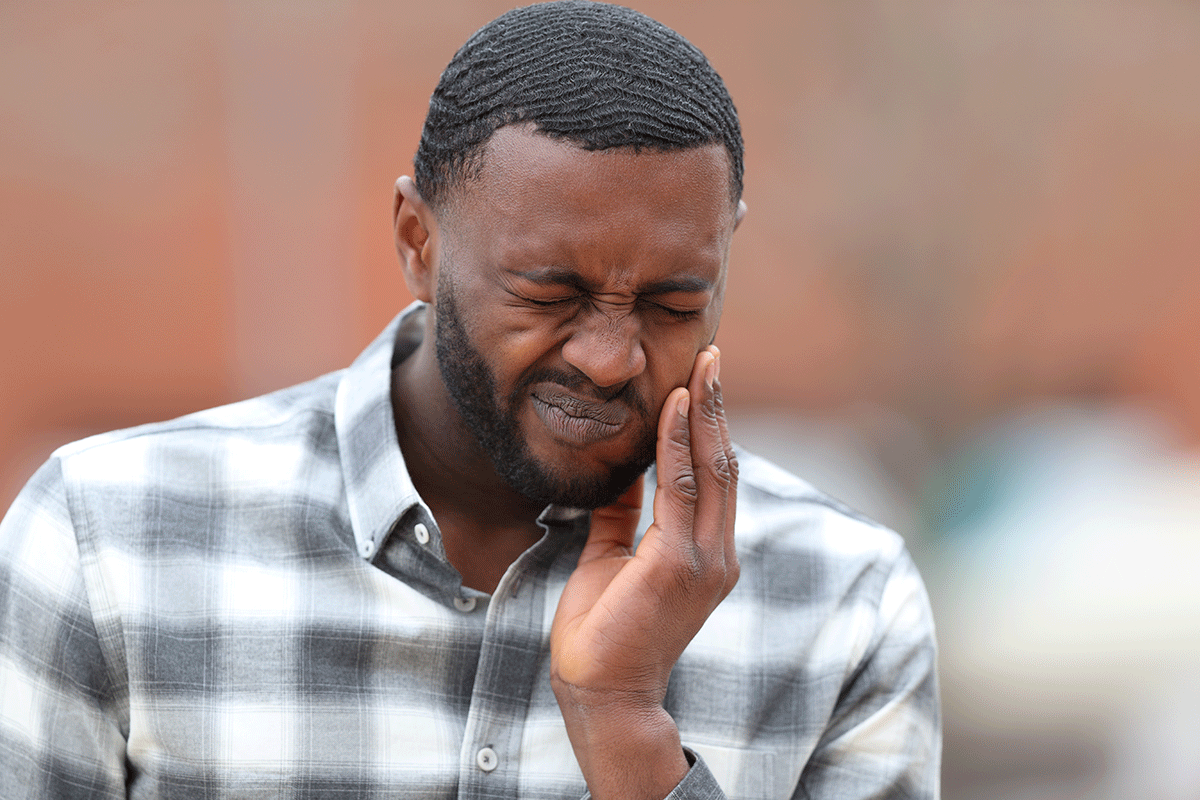Have you ever woken up and wondered, “Why do I bite my tongue when I sleep?” It’s a puzzling and sometimes painful experience that many people face. This question not only sparks curiosity but also leads us into the intriguing world of dental sleep disorders.
Nocturnal tongue biting is more common than you might think and can be linked to several dental and oral health concerns. Thankfully, understanding the root causes can help us find solutions to protect our tongues and improve our sleep. Supreme Dentistry offers high-quality teeth cleaning in Texas to address underlying issues contributing to these concerns, helping keep your mouth healthy and free from nighttime nuisances. Call 844.966.2333 and schedule an appointment with us to help with finding a solution that suits you.
The Anatomy of Sleep: How It Affects Oral Health
When we sleep, our bodies cycle through different stages that are crucial for our overall health, including our oral health. Here’s how the stages work:
- Light sleep – This is the initial stage, where we drift in and out of sleep. Our muscles begin to relax here, but we are still somewhat aware of our surroundings.
- Deep sleep – At this stage, our muscles are deeply relaxed, which can sometimes lead to problems like nocturnal tongue biting. This relaxation means our jaws and mouths are more likely to move unexpectedly.
- Rapid eye movement (REM) sleep – This is when dreaming happens, and our body becomes mostly immobile. Although the body is less likely to react physically to dreams, the relaxation of the tongue and jaw can cause friction or biting.
Identifying these stages can help explain how dental sleep disorders, such as bruxism (teeth grinding), are linked to oral health issues. Conditions that cause excessive muscle relaxation or unintended movements can harm teeth, gums, and even your tongue. Being aware of how sleep affects your mouth is the first step to better health and comfort at night.
What Causes Nocturnal Tongue Biting?
Stress is a common trigger that can cause involuntary muscle movements, even while sleeping, leading to tongue biting. Additionally, dental misalignment, where the teeth aren’t perfectly aligned, may contribute to this issue, causing unwanted contact and pressure on the tongue.
Sleep apnea, a condition characterized by repeated interruptions in breathing during sleep, can also contribute to nocturnal tongue biting. These disruptions disturb normal sleep patterns, prompting the body to react to each breathing pause, which may result in involuntary tongue movements.
Protecting Your Tongue and Oral Health
Now that you understand some potential causes of nocturnal tongue biting, how can you prevent it? Professional teeth cleaning in Texas is an excellent place to start. Dentists can spot early signs of dental misalignment, stress-related conditions like bruxism, and other underlying issues. They may recommend a custom mouthguard or suggest simple relaxation techniques to reduce muscle tension before bedtime.
In addition to regular dental checkups, practicing good sleep hygiene can also help protect your oral health. This includes:
- Establishing a consistent sleep schedule
- Creating a relaxing bedtime routine
- Avoiding caffeine and alcohol close to bedtime
- Sleeping on your side instead of your back
By addressing sleep-related issues and focusing on maintaining healthy oral habits, you can protect your teeth, gums, and tongues while getting a good night’s rest. If you need help finding a solution for nocturnal tongue biting, contact Supreme Dentistry for a comprehensive dental examination and personalized treatment plan.
Call Supreme Dentistry: Get Dental Help Today
Are you ready to take charge of your dental health and ensure a restful night’s sleep? Call Supreme Dentistry today and let our expert team guide you toward optimal oral health and improved sleep quality. During your visit, our skilled dentists will conduct a comprehensive examination, identifying any signs of dental misalignment, stress-related conditions like bruxism, or other underlying issues that may be affecting your sleep. Call us today at 844.966.2333 to schedule an appointment, or contact us online with any questions or concerns.







